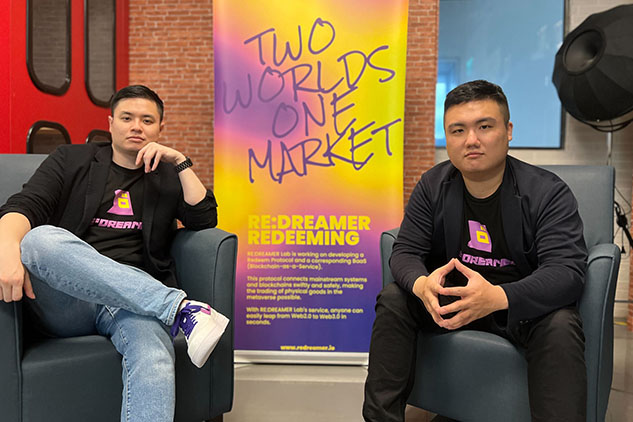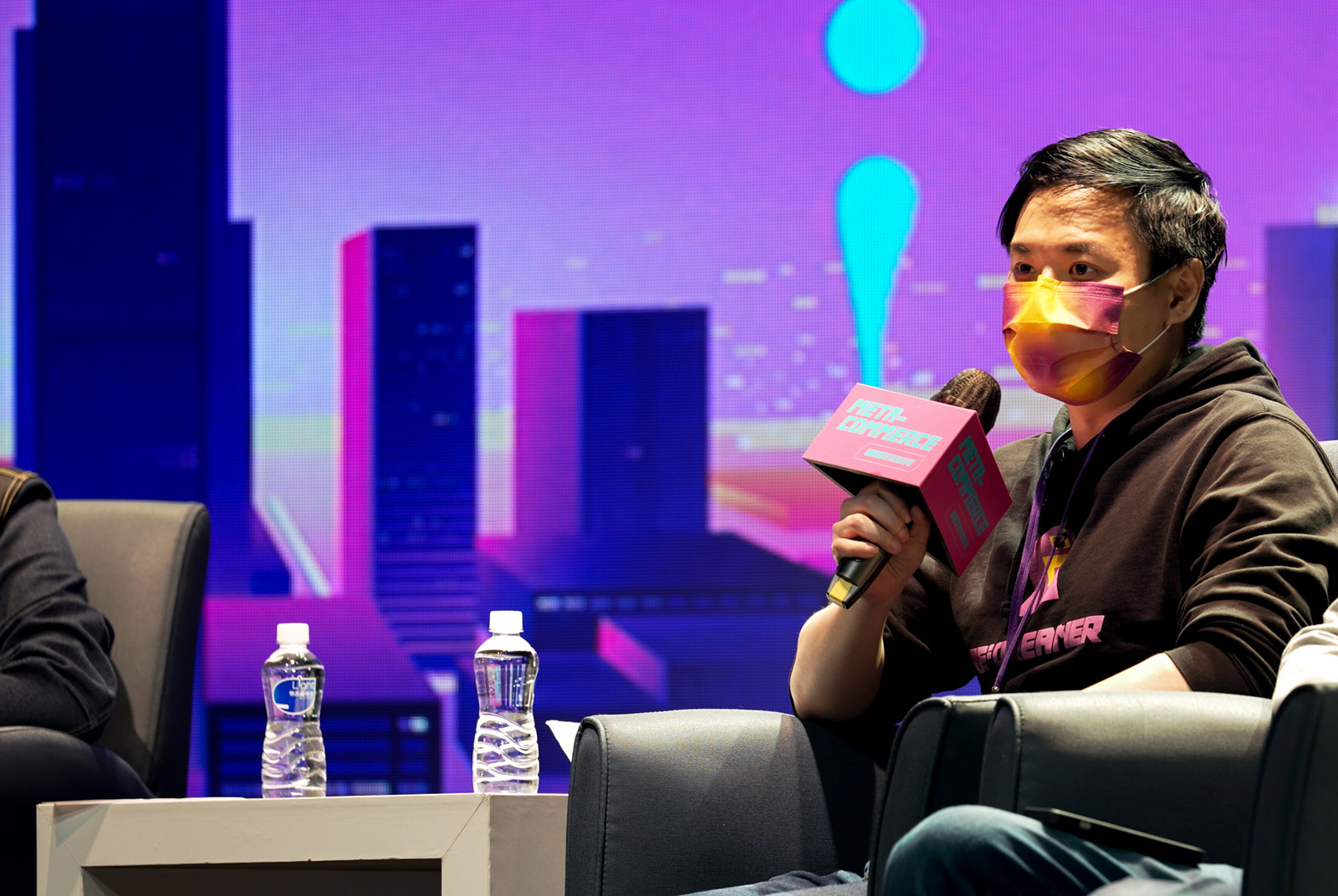Meet Taiwan’s “Phygital” Mavericks

Source:Alex Rednaxela
RE:DREAMER, a Taiwanese blockchain startup, is neither a platform nor a service. Rather, their core product is a protocol, acting as a set of standards that will enable the “phygital” economy to flourish. What are the opportunities and challenges RE:DREAMER faces?
Views
Meet Taiwan’s “Phygital” Mavericks
By Alex Rednaxelaweb only
We're halfway through our interview and the founders of Taiwanese blockchain startup RE:DREAMER are sharing a dry laugh. Jason Cheng and Boyu Chu mostly make for excellent contrast - the former skinny, jovial, expansive; the latter portly, serious, precise - but in this moment of mirth they are united. I'd just asked them about the challenges of starting a business in blockchain. When the laughter subsides, it's Boyu who responds: “Honestly, everything is a challenge.”
Particularly challenging, Jason continues, is trying to answer the fundamental question of what they and RE:DREAMER are “actually doing.” He says they meet two types of people: “one kind totally don't understand. They think you're a scammer.” The other just go “oh yeah. That's so easy, I can do that. Nothing special.” Either way, “you have to explain it to everyone.”
Boyu sighs.
Before getting into the proselytisation business, Jason and Boyu worked jobs in fintech and AI. They quit to found RE:DREAMER together last year, against the bullish backdrop of what the crypto in-crowd were calling an “NFT summer”.
Famously, the NFTs sold in that first rush were little more than pieces of digital art - JPEGs stored and secured on a blockchain.
RE:DREAMER belongs to a second wave of NFT development, one whose proponents are pushing for deeper exploration of the underlying technology. Some teams, like the wildly successful Proof Collective, are experimenting with adding functionality to the JPEG-NFT. Others are breaking away entirely from the concept of NFTs as art. Boyu recounts his inspiration to enter the space as coinciding with this sudden proliferation of innovation: “I thought, well, this is the right time to bring blockchain into the real world.”
Explained most fundamentally, that is what RE:DREAMER are offering: the ability to swap (“redeem”) an NFT from a digital asset to a real one - and potentially back again.
One of the company's most recent partnerships was with Tommy Chen and The Remade, who produce designer sneakers with celebrities and other artists. Using RE:DREAMER tech, The Remade issued NFT sneakers which owners were then able to “redeem” for a real life equivalent at any time.
They call this intersection of digital and physical assets “phygitals.”
Jason points out the advantages of this “phygital” model: some of The Remade's NFT shoes “were transferred 200 times in the first 24 hours.” The real sit-up-and-take-notice moment comes when you learn that The Remade took “royalties from each of those 200 transfers.” They believe that this “totally changes the retail business.”
It's a bold statement, but one backed by the breadth of their ambition.

RE:DREAMER is neither “a platform… [nor] a service,” as Boyu stresses. Rather, their core ‘product‘ is a “protocol.”
They hope that this protocol will form the “fundamentals and building blocks of how you should build platforms and services,” acting as a set of standards that will enable the “phygital” economy to flourish, “sort of like” how paypal created the standard for online payments.
With this core protocol, they hope to attract a vibrant ecosystem. “It shouldn't all come from our brains,” says Boyu. “We should let as many people join in [...] as possible.”
Feedback from those who have already “joined in” as RE:DREAMER partners is resoundingly positive. A representative of web3 integration and consulting company ReBorno told me that the tech was “easy to use,” and allowed them to effectively “link up blockchain, storefront and logistics” as per client needs. They would “definitely recommend” RE:DREAMER to other SMEs.
Like ReBorno, The Remade and its other current partners, RE:DREAMER is based firmly in Taiwan. Yet during lockdown last year, location was up for discussion. At first, Jason assumed that “China would be champion” in the NFT space, but with Beijing cracking down on blockchain technology, “political issues” put the PRC out of the running. In the end, they “decided it had to be done in Taiwan” for the “comprehensive combination of abstract design skills and manufacturing” present on the island.
Regional rivals like the blockchain juggernaut Singapore might be “superior in tech… but Taiwan has something irreplaceable” as a powerhouse of “supply chain manufacturing.”
Of course, nowhere is perfect. As Boyu puts it: “Taiwan is a great place for building showcases and prototypes,” but to do something “truly great… we need to try and go abroad so that the market scales and the protocol [can be] used by as many people as possible.”
Nor is that first step overseas so very far away. At the end of June, RE:DREAMER are heading to Times Square for NFT.NYC, “a combination of parties, summits, forums, festivals and exhibitions.” As festival-goers, Jason, Boyu and the rest of their team hope to soak up the atmosphere and “catch the vibes… gather other people's thoughts.” As designated speakers, they're “also trying to sell [their] own.”
To find out more, visit their website or find them on twitter.
Have you read?
- Taiwan’s new Web3 upstarts
- Lessons from first fatal highway accident in Taiwan involving assisted driving
- Taiwan’s Transportation Systems: An Intelligent Evolution
Uploaded by Judy Lu







